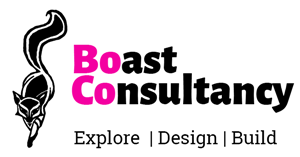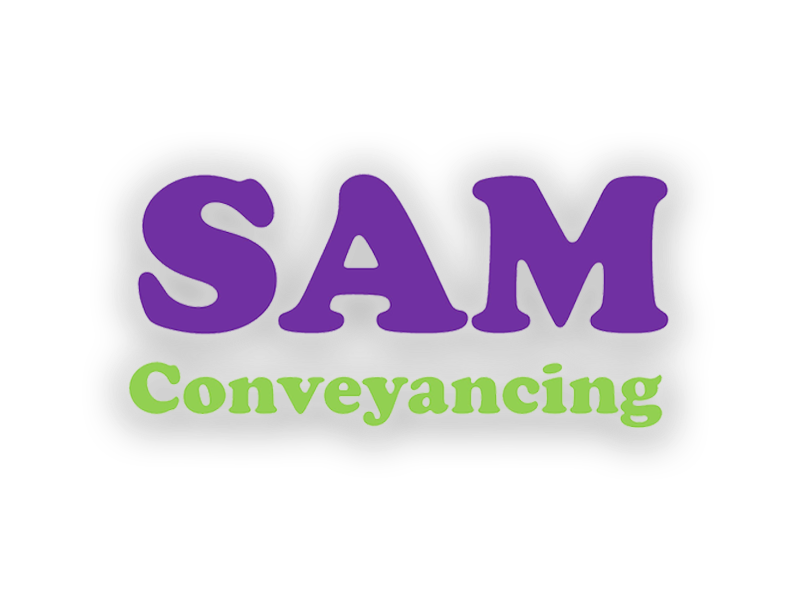Search Engine Optimisation for Beginners
13/04/2021

This article is for people taking their first steps on their digital marketing journey. We're starting you off with the basics, but, we'll be writing lots more about how to fine tune your SEO, so watch this space!
The majority of online traffic comes from search engines. You can pay to appear at the top of the page, but less than 3% of US users click on paid advertisements (SparkToro). SEO helps you appear at the top of the page without paid ads and has 20x more traffic opportunity than pay per click (PPC) (Moz.com).
What is Search Engine Optimization and how does it work?
Search engine optimisation is the term which covers all of the many ways that you can optimise your content to drive more people to your business, and, to make sure that they are the right people. SEO does this without paying to rank higher on a search engine. Your visibility online, without having to pay, is called your organic reach
In digital marketing we call the people coming to your site 'traffic', if they engage with your page they become 'leads', if they are interested in your product, they are quality leads. Making a sale is called 'converting' a lead. So:
Search engine optimisation = more, higher quality leads = more sales = more profit = healthy business growth.
What is the goal for your page?
When you write online, each page must serve a purpose.
- Is it to market a service or product?
- Does it answer a question and lead the visitor to find other related answers?
- Is it news or entertainment?
For example, this page you are reading is aimed to answer your curiosity about getting started with SEO, to demonstrate our knowledge to you (hopefully), making you feel like you want to engage with us and read more about what we do. You might even click our subscribe button to keep up to date with whenever we write a new article or better still, you may even want us to work for you.
If you don't have a goal for your page, then don't write it.
How to do SEO
It's all about:
- 1
Understanding what the people you're trying to reach are looking for.
- 2
Creating engaging, high quality content that answers their needs.
- 3
Helping search engines to understand that you've got it.
Crawling and Indexing
No, I'm not talking about zoology. A search engine uses bots who regularly 'crawl' the internet, creating an index of every new or updated piece of writing, pdf, image, video, etc. that they can find. Then they 'rank' the content in the order that they think will be most useful to the searcher, on the search engine results page (SERP).
If the person searching has allowed 'cookies' then the bots will consider their previous search history when they rank the indexed pages too, but that's a story for another day.
Keywords
The strongest thing you can do to show the crawlers that you have the content your target audience is looking for, is use targeted keywords.
Seems simple right? Put the name of your product all over your website and the people looking for it will find it? I'm afraid its not as easy as that. Knowing what keywords your customer enters into their search bar when they're looking for is down to so much more than simply what-the-thing-is-called.
Take one of our clients, EmploymentLawFriend.co.uk, for example. They supply information, resources and legal services for workers and employees who have workplace or employer disputes.
Their busiest page isn't the one which was optimised for the term 'employment solicitors', actually that page usually sees a lot people clicking through from another one of their other pages. The page which catches the most people from search engine results is actually 'Should I sue my employer?'. This is the question that someone who needs Employment Law Friend's services is most likely to actually type into google.
So what did we do? We didn't write 'Should I sue my employer?' ten times on the 'Employment Solicitors' page. We wrote a unique, helpful, engaging piece which considers all the factors someone should consider before they decide to move ahead with legal action. We fulfilled the user's needs. This attracts the higher quality leads and it does Employment Law Friend another favour: it filters out the leads who shouldn't sue their employer.
SEO Tools
An SEO Consultant's best friend is Google’s Keyword Planner. You can use it to search keywords that fit your product or service and to see how often they are entered into Google's search engine. It will suggest alternatives which get more 'hits' and list other, supportive keywords, that you can use in your content as well.
Just remember, you don't just want to use the keywords with the highest hits. You want to use the keywords that your target audience will use. If you don't have a team behind you, conducting market research, the easiest way to get an idea is to enter your keyword into the search bar and see what comes up. If its a whole page of products like yours then you've hit the nail on the head.
Do | Don't |
|
|
Frequently Asked Questions
If you have the time, the motivation and the desire to learn, you can get real results doing basic SEO yourself.
If your attention is better spent on business and innovation however, or you simply want to get some technical expertise to boost things further, there's plenty of help available. Make sure you shop around. SEO is a relatively new science and the quality of different SEO Consultants varies.
When looking for an SEO Agency, beware of what we call 'black hat SEO'. 'White hat SEO' uses the proper techniques and best practises to improve your rankings, black hat SEO uses 'cheats' to fool search engines. You risk being penalized or de-indexed. Being de-indexed means you will not appear in search results. It can bankrupt your business.
Talk to us about your project
We're here to help.
We'd love to hear about your project, your business and what you are aiming to achieve.











